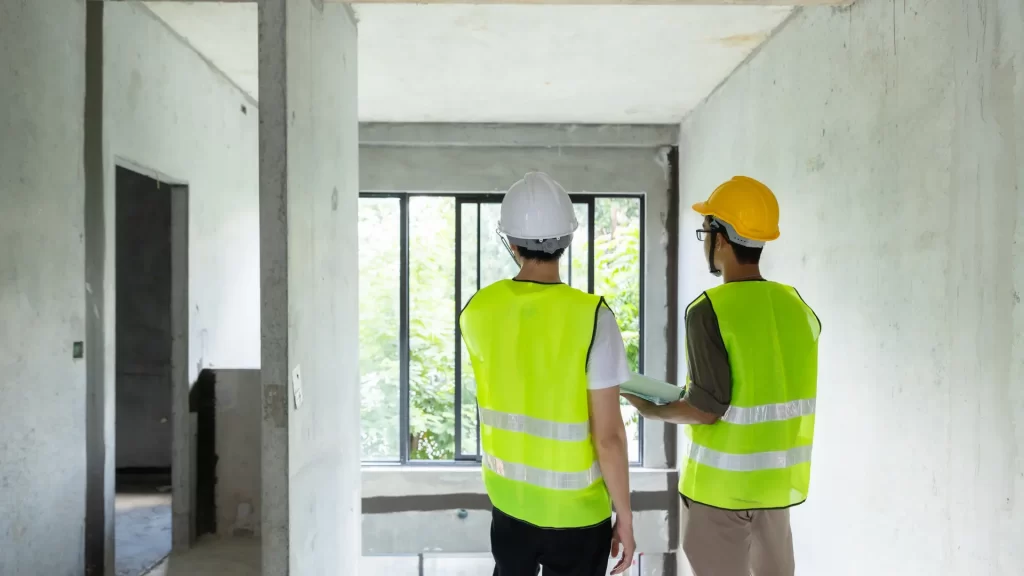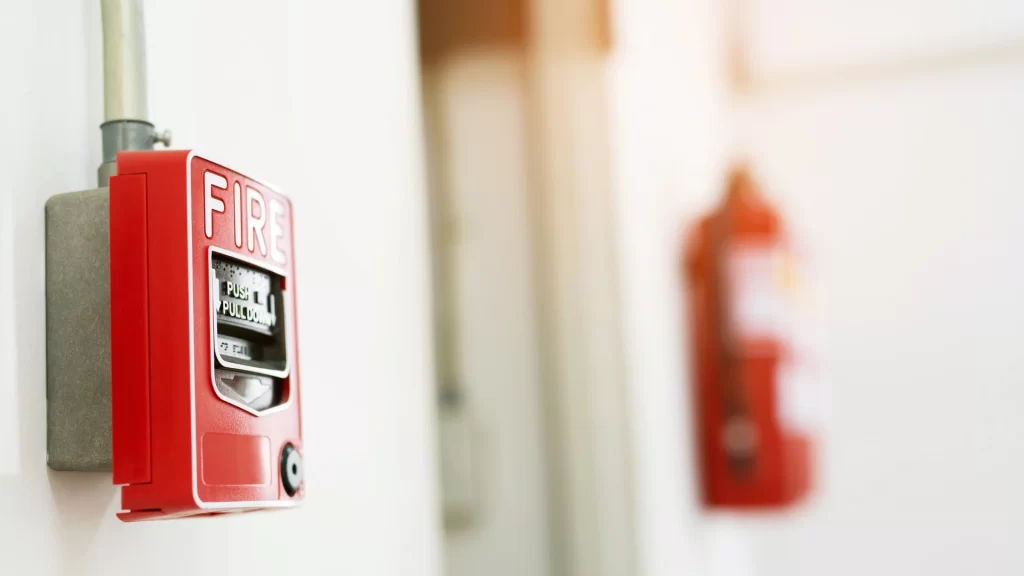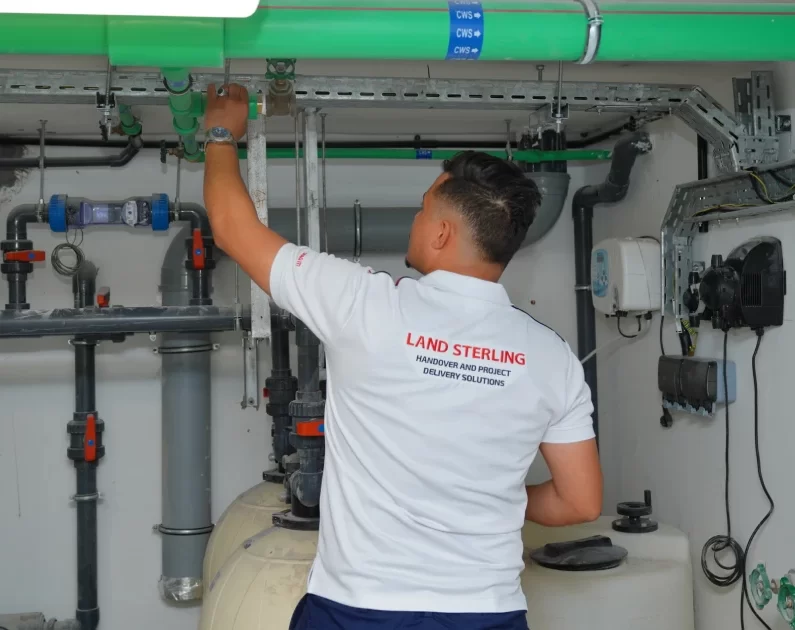One critical aspect of construction projects is risk management. Budget limitations, tight schedules, labour constraints, and material shortages make it easy for things to go wrong.
Effective risk management in construction projects ensures that problems and risks are identified and solved before they start affecting the project, causing delays and failure to comply.
In simple terms, identifying the areas that could go wrong and cause major problems and taking measures to solve and minimise them is called risk management. Every project has its share of risks, no matter the size. This blog will enlighten you on how you can identify risks and in what ways they should be addressed to mitigate the effects of them.
Common Risks Faced In Construction
There are many kinds of risks to which construction projects are exposed. Some of the common risks faced in construction projects are:
Financial Risks
Money management is one of the most important tasks associated with construction management. Contractors often deal with large sums of money, and cost overruns are very common risks. These could be due to any number of causes, such as inaccurate budgeting, fluctuating material costs, and unexpected delays. Projects that exceed the budget may affect profitability or halt the project.
Schedule Risks
Many factors contribute to the project exceeding the scheduled time. These could include bad weather, a labour shortage, and supply chain issues. It would cause the project to be delayed and directly impact the project’s budget.
Health And Safety Risks
Construction sites are always a safety hazard and are considered dangerous. Health and safety risks are always the top priority; any accident or injury could lead to delays or completely halt the work. It could also lead to legal warnings and liabilities, thus affecting the company’s reputation.
Quality Risks
These risks arise when the artistry or materials do not comply with the required standard. It can lead to structural problems or the need for rework in every aspect, which can directly affect the quality and cost of the project.
Compliance Risks
Contract disputes or failure to follow legal regulations could stop the project and impose fines on the company. It would eventually cause the project cost to skyrocket and overrun the budget, posing financial risks to the project.
Risk Mitigation Strategies

Once the risks have been identified, appropriate strategies and measurements can be taken to cope with them. Some of the effective strategies could be:
Accurate Cost Analysis
Estimating the updated materials and labour costs and allocating the budget for unforeseen circumstances can minimise financial risks. It will help you prepare for unexpected expenses. Also, regular budget reviews should be scheduled to check costs.
Effective And Well-organised Schedule
It would help cope with unexpected delays caused by bad weather or a shortage of materials. Project management software can also help track the project’s progress.
Prioritising Health And Safety
Schedule regular safety training and implement proper safety protocols to help ensure that the workers on site are trained and reduce the chances of accidents.
Ensure Quality Controls
Proper quality checks and control procedures would ensure efficient mitigation of quality risks. These could include regular material inspections, scheduled on-site inspections, and ensuring that contractors and other staff comply with regulatory standards.
Legal And Contractual Safeguards
Before a project begins, all contracts must be thoroughly reviewed, and permits must be acquired before work begins on the construction site. It will help prevent legal issues and fines.
Conclusion
Effective risk management is about preparing for unforeseen risks and handling them when they occur. You can prevent your project from being delayed or going over the budget by identifying the risks, providing solutions for them, and other mishaps by developing strategies against the identified risks and incorporating modern technologies.
FAQs
Is technology helpful in managing construction risks?
Yes, software like BIM (Building Information Modelling), drones for site management, and project management software would help identify risks earlier and address them systematically.
What training should be given to my workers to mitigate risks?
Training on safety protocols, equipment handling, and emergency procedures should be given to the workers to reduce the risks of accidents and injuries.











